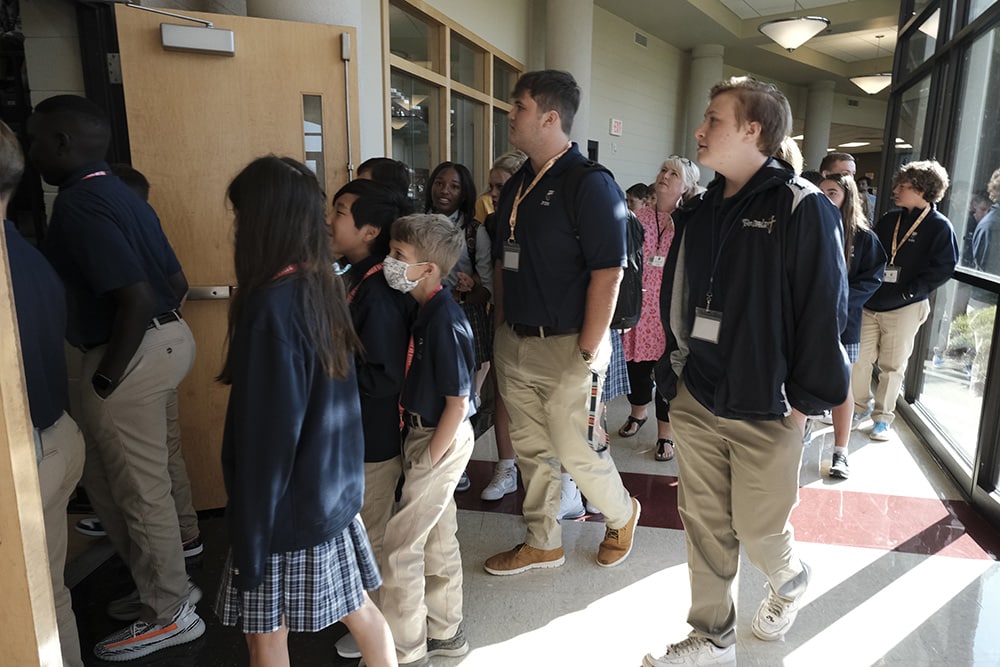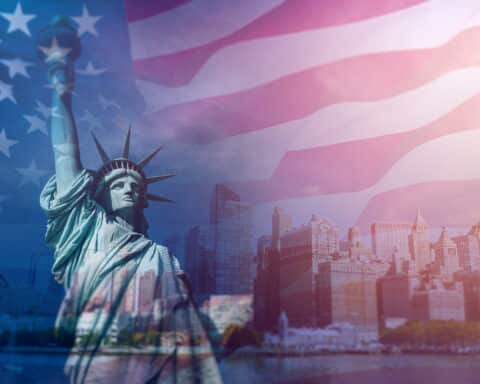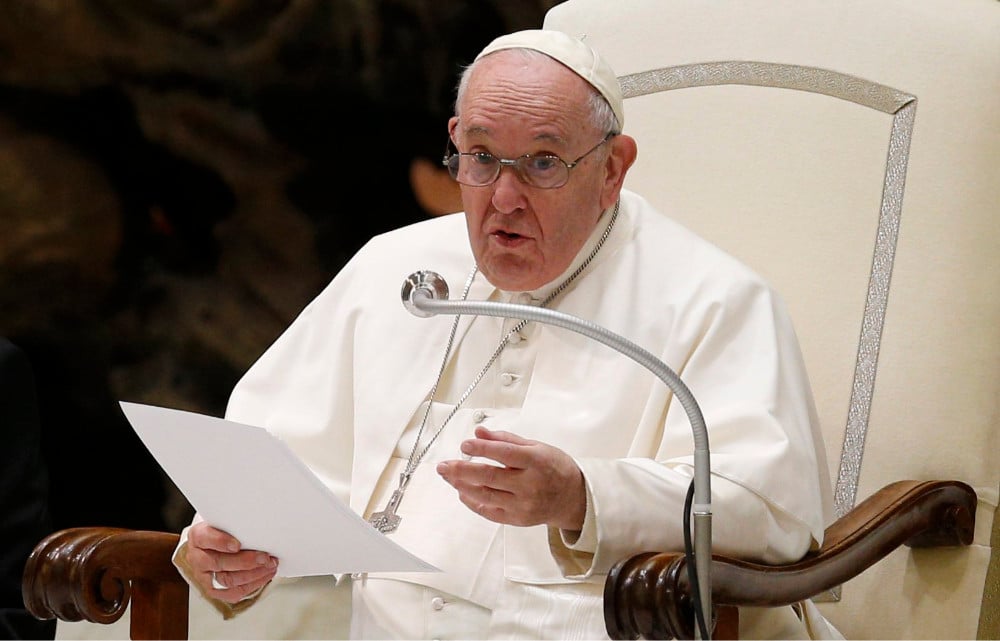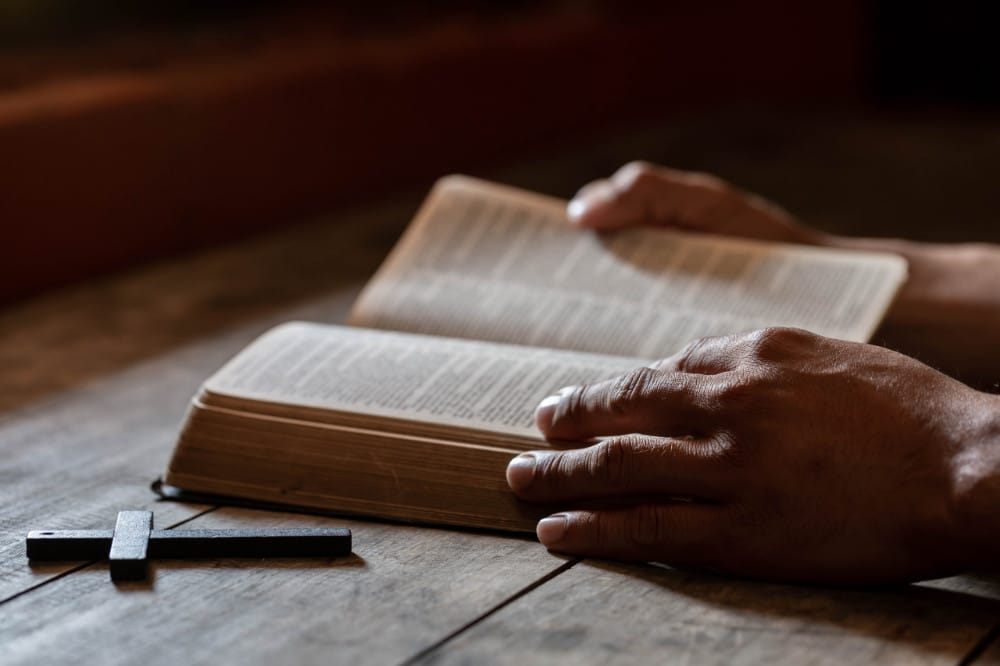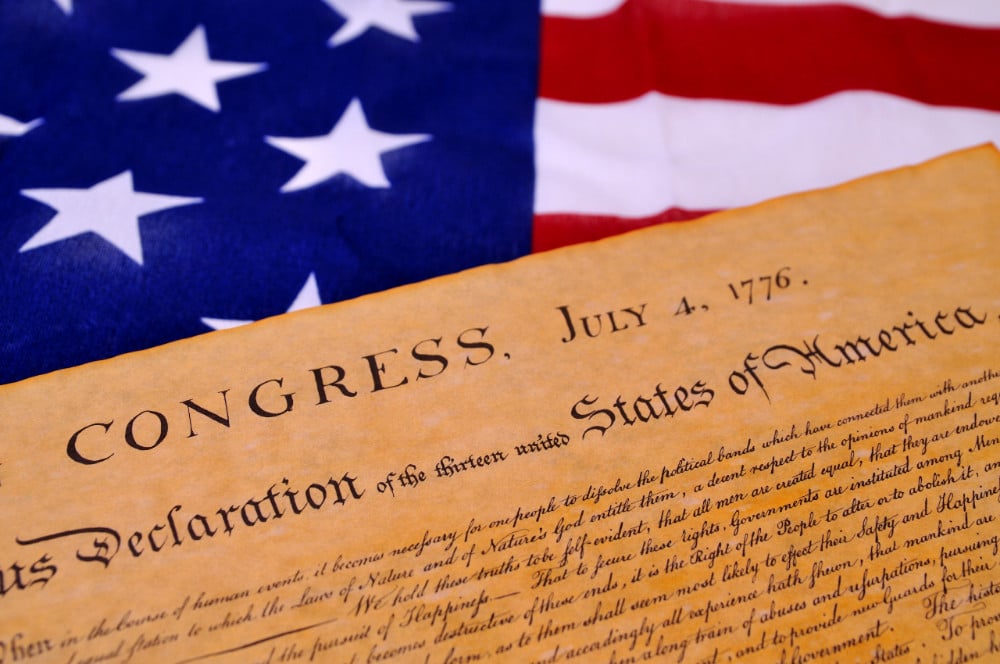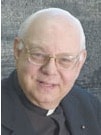
Presently, he is hearing strong opinions as his diocese forms a policy about wearing masks in its schools.
An elderly priest told him about the battle over school uniforms that took place 60 years ago.
This was the plan. Some nameless authority in the ivory tower that was the diocesan chancery would decide what every parochial school student wore. If parents, or the student, selected anything else, the child had to exit the school. Talk about laying down the law.
One pastor, much respected in the community at the time, detested the plan, insisting that requiring any uniform was practically and philosophically just plain wrong. He argued that uniforms forced parents to spend hard earned money. Wearing uniforms, in his view, robbed each child of his or her individuality. He had been a seminarian in Rome before World War II, watching fascism overtake Italy and national socialism swallow Germany.
He saw heavy-handed orders from on high belittle parental responsibility, rights and personal dignity. No individuality. Only the state. Follow the leader. Keep quiet. Or else. He heard Pope Pius XI’s protests.
Others defended uniforms as best for all, less expensive, bonding, levelling, sensible, community-building, avoiding vanity or glorifying one’s material advantage over another. They won the argument.
American life historically has involved balancing personal preference against the overall good.
Many publicly funded services, conscription in times of war, fire and police protection, health departments, restaurant inspections, water purification, bridges, tunnels, levees and firewalls, snow removal, streets and highways, and schools developed — few without opposition or at least questions.
A century ago, automobiles were becoming numerous and popular. People drove their cars into other cars at intersections. They drove cars so fast that, losing control, they hit something, somebody, or hurt themselves.
Politicians came up with traffic lights and signs, speed limits and, upsetting some people, drivers had to pay for, and possess, government-issued driver’s licenses to operate a vehicle on any public thoroughfare.
Some authority high on a hill decided that the government had to know how many vehicles were in operation and if vehicles met certain standards, again set by the government. They required license plates for every vehicle. People had to pay the government for the plates — more, probably much more, than what producing the plates cost. Otherwise, the government issued no plates.
Opponents said that this is a free country. Any citizen has the right to move himself or herself by whatever vehicle is chosen, on any public roadway, built, owned and maintained at public expense, with funds secured by mandatory taxation! The vast network of roads built and maintained at public expense recalls disputes in days past.
Why should a landowner on Main Street pay taxes to pave Broad Street? Property owners should be responsible for public roadways adjacent to their land! Toll roads were popular. Travelers should pay for the thoroughfares that they used.
States set speed limits, but it was controversial. Some people insisted that drivers are the best judges of how fast they should drive. They know heavy traffic, curves and obstacles when they see them!
Driver’s licenses, speed limits, stop signs, traffic lights, one-way streets and license plates were invented to safeguard travel and travelers. Now taken for granted, they were adopted, always, in what proven experts perceived to be in the best interests of all.
Some are debating the need for masks, in good faith. People are asked to wear masks for the public good. Others deny the need. It boils down to the same old questions: Is serving the public well-being greater a reason for action than individual thoughts about masks, and who decides what is best?
Msgr. Owen F. Campion is OSV’s chaplain.

